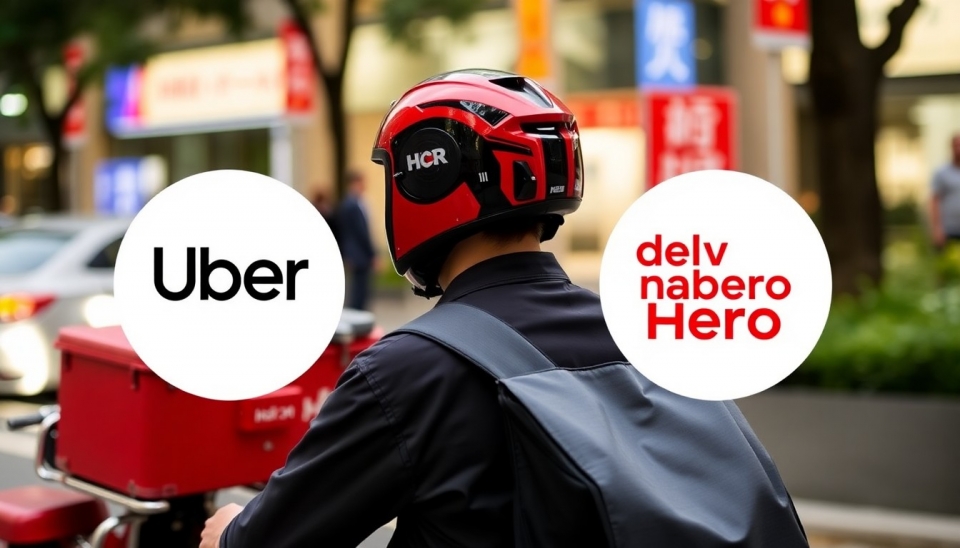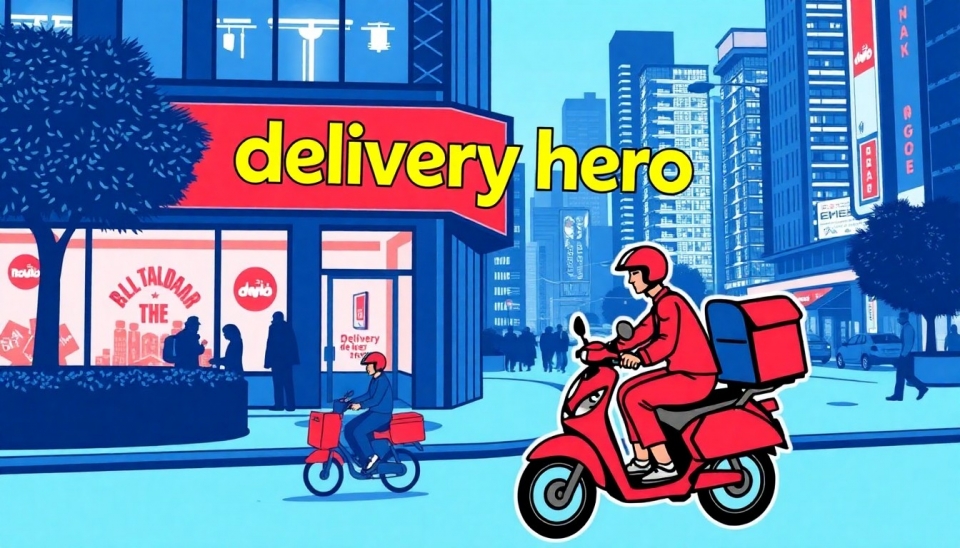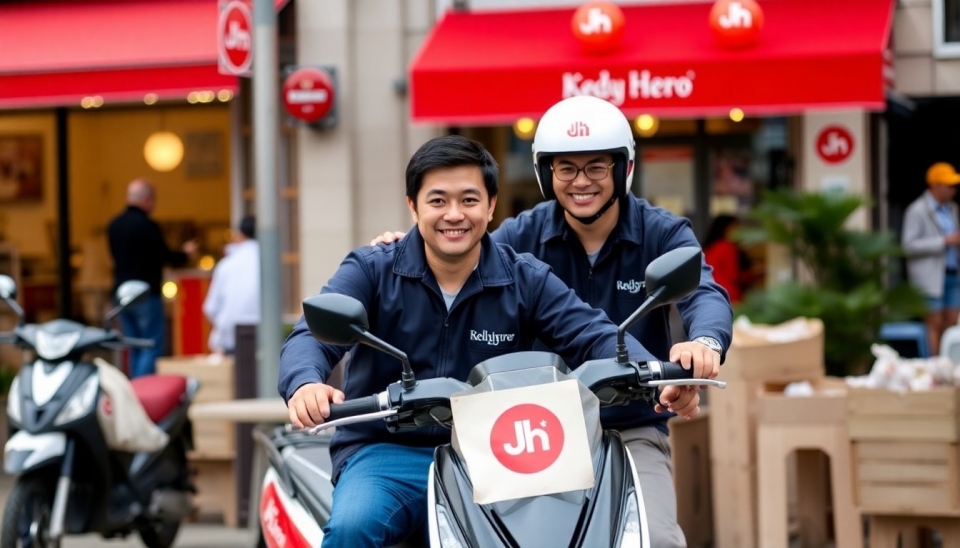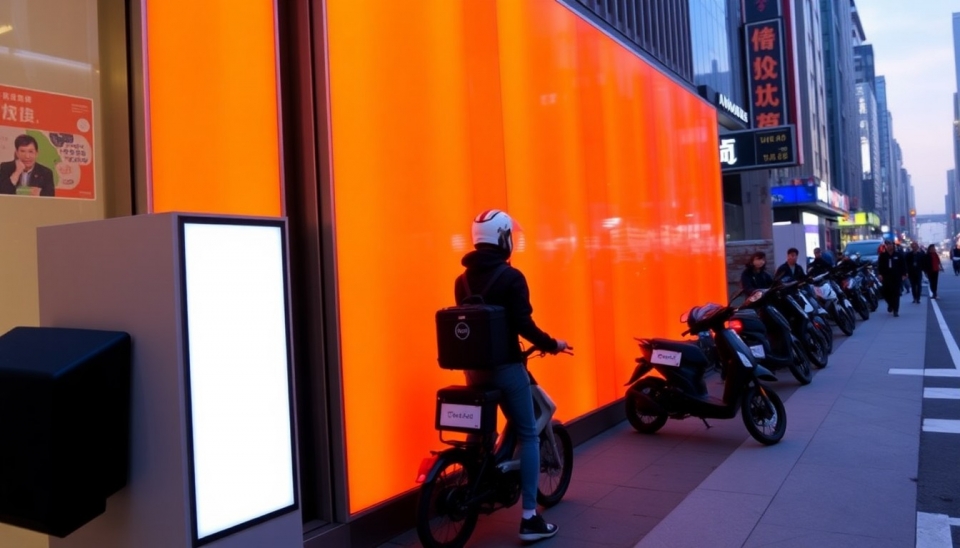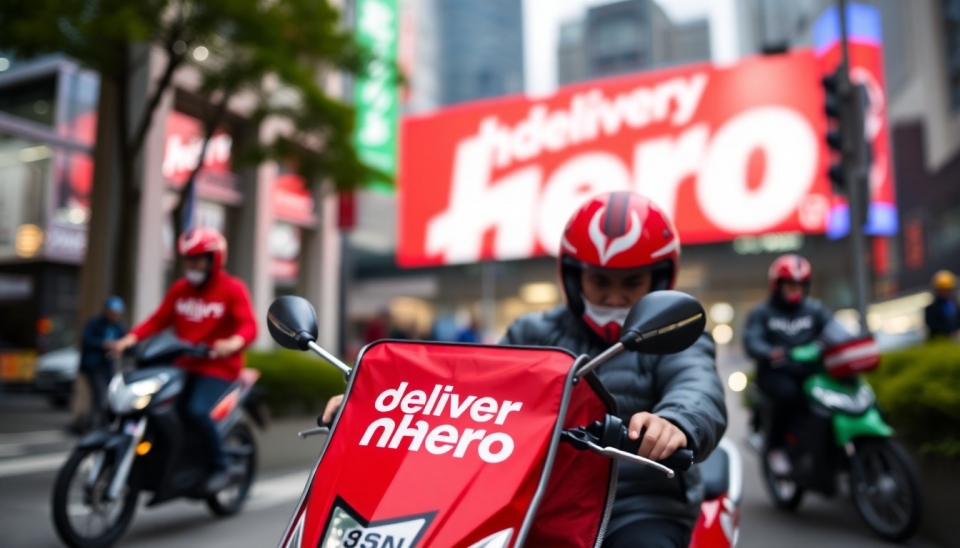
In a significant blow to the food delivery giant Delivery Hero, shares fell by 9% following the announcement that its planned sale of its Taiwan operations to Uber Technologies has been blocked. The decision has sent ripples through the company's stock market performance, reflecting investor concerns over its strategic direction in the increasingly competitive delivery landscape.
The sale was part of Delivery Hero's broader strategy to streamline its operations and focus on more profitable markets. However, the deal's collapse raises questions about the company's ability to offload non-core assets effectively, raising doubts among stakeholders about the management’s future plans.
Uber had aimed to expand its footprint in Taiwan through the acquisition, viewing the deal as a critical entry point in a market that has been eyeing growth potential. However, regulatory challenges prevented the completion of this transaction, highlighting the difficulties that companies face in navigating local laws and regulations in international markets.
This setback not only affects Delivery Hero's growth ambitions but also emphasizes the ongoing consolidations within the food delivery industry, a sector that has witnessed cut-throat competition exacerbated by the aftermath of the pandemic. Consequently, many companies are reassessing their operations and alliances as they aim to achieve profitability.
Industry analysts are now closely watching Delivery Hero's next moves, suggesting that the company may need to explore alternative strategies to enhance its market presence in Taiwan and other regions. Investors are particularly keen on the implications of this failure to secure a sale, as it may influence the company's stock performance and overall market valuation in the coming months.
As for Uber, the blocking of this acquisition may prompt them to look closer to their existing territories for growth opportunities while reconsidering their operational strategies in Singapore and Hong Kong, where they have faced similar competitive challenges.
Inevitably, news of this failed transaction has sparked debates about the health of the global food delivery market. With rising costs and consumer expectations for faster service, companies are being forced to refine their models or risk losing market share to agile competitors.
In conclusion, the fallout from Delivery Hero's failed sale marks a pivotal moment not just for the company, but for the entire food delivery sector as it grapples with ongoing pressures from all fronts. Stakeholders will be anxiously awaiting the company's next announcement as it seeks to reclaim investor confidence and chart a viable path forward amidst a tumultuous market landscape.
#DeliveryHero #Uber #Taiwan #FoodDelivery #MarketNews #Stockmarket #Acquisition #Regulations #BusinessStrategy #InvestmentAdvice
Author: Emily Collins
